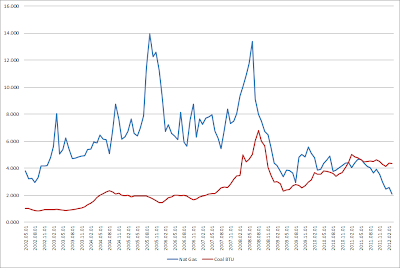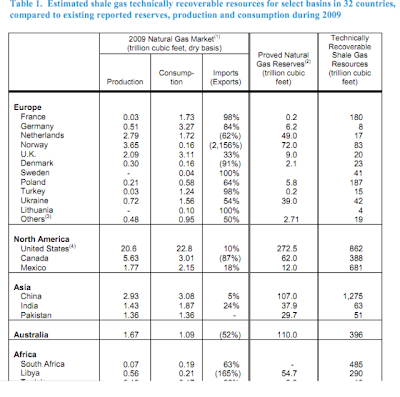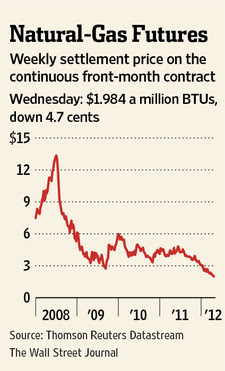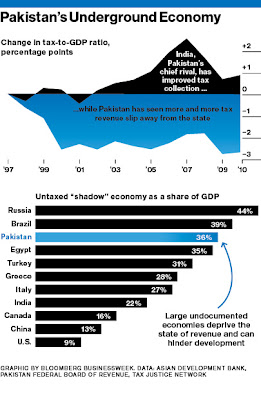Pakistani University's Open CourseWare Wins Top Award
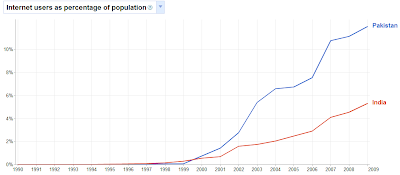
Pakistan's Virtual University (VU) has won the Outstanding New Site Award 2012 for an Open CourseWare website which was created last year, according to media reports . The Awards for OpenCourseWare Excellence provide annual recognition to outstanding courseware and OpenCourseWare sites created in the OCW Consortium community . They also recognize individual leadership in moving the ideals of OpenCourseWare and Open Educational Resources forward. The awards are announced each year at the global OpenCourseWare Consortium's annual conference. In 2001, the Massachusetts Institute of Technology launched the world's first open courseware program, which inspired many other universities, including Pakistan's Virtual University, to join the Open CourseWare (OCW) movement. Founded in 2002, Virtual University of Pakistan has so far contributed 138 courses on a wide range of subjects since joining the OpenCouseWare consortium. These courses include free and open
